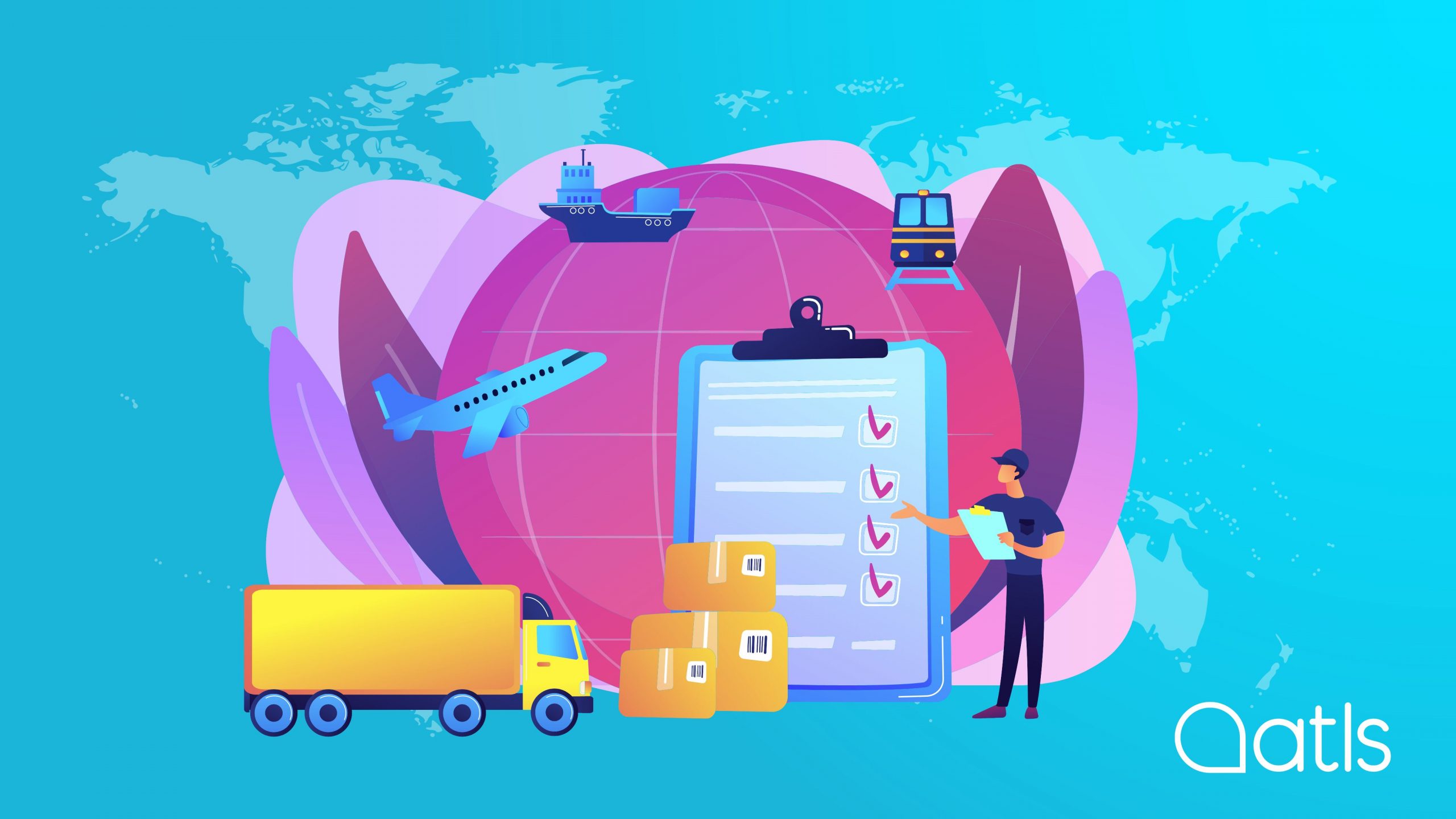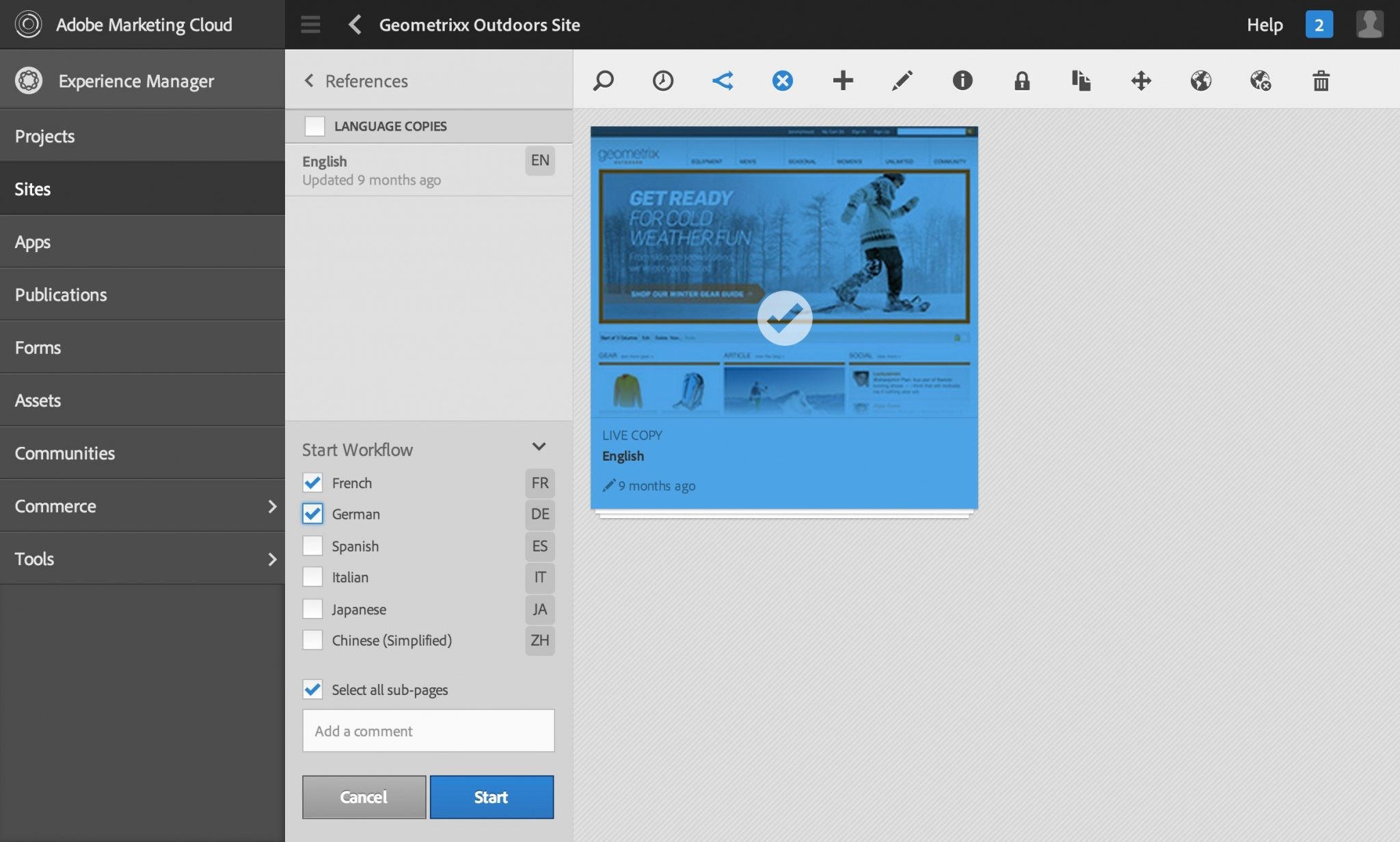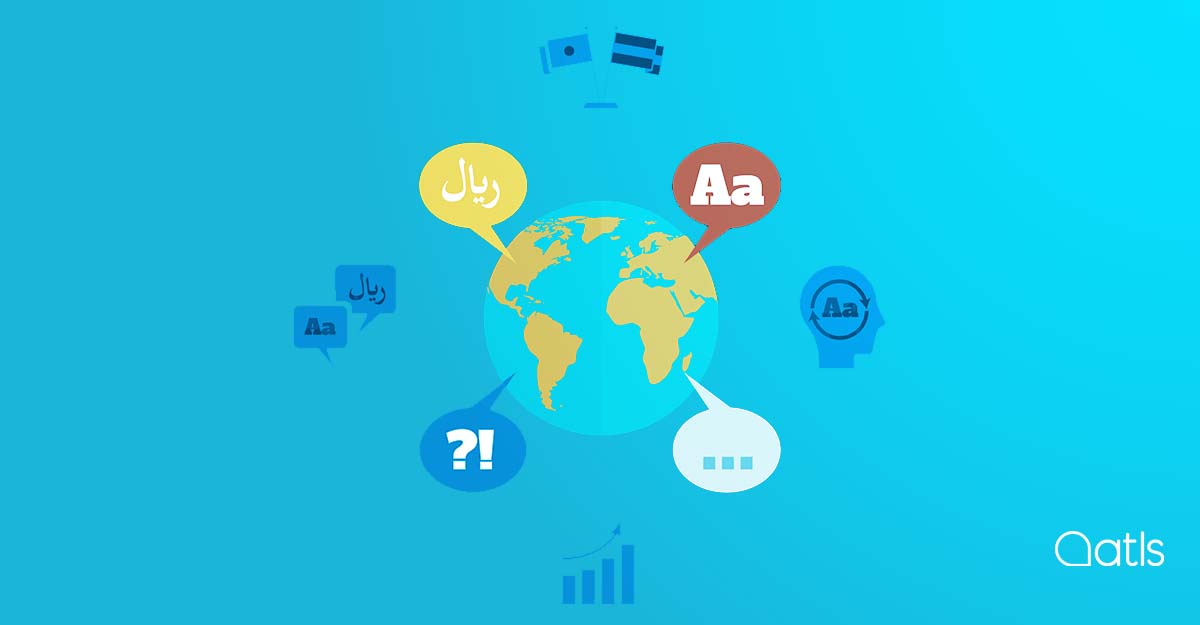The future of well-being in a tech-saturated world

Technology is accelerating and constantly transforming, creating, developing and innovating.
Many experts say that digitisation, or the so-called fourth industrial revolution (Industry 4.0) represents fundamental changes in the way we live and will continue to do so over the next decade.
Thus, a study carried out by Pew Research Center reveals that most experts predict that individuals’ well-being will be more helped than harmed by digital life. While a third predict that people’s well-being will be more harmed than helped.
According to the study, some 47% of the experts taking part predict that individuals’ well-being will be more helped than harmed by digital life in the next decade, while 32% says the opposite. The remaining 21% predict there will not be much change in people’s well-being over the next 10 years compared to now.
What are the benefits?
Some of the main benefits according to the experts are the following:
- Connection: Digital life links people to people, knowledge, education and entertainment anywhere globally at any time in an affordable, nearly frictionless manner.
- Intelligence: In the same way as it connects people, Internet also helps to connect, transfer and share knowledge.
- Tolerance: As well as connecting people and knowledge, Internet is also a fundamental tool for breaking down barriers between races, beliefs, orientations, etc. Awareness of different cultures will help to promote equality between people.
What are the drawbacks of technology?
- Addiction: Far from being a distant problem, this is much more prevalent than may seem. For generations, businesses have been organised to attract users, but since the arrival of Internet, the capacity to attract customer attention has increased.
- Anxiety: In the same way as it creates addiction, the desire for the latest technological device, the newest device, the constant need to have more, results in feelings of anxiety, irritation or fear due to the perception that others have something better or the false belief that we need more.
- Digital dangers: This not only refers to cyberbullying or other such problems, but that the evolution of digital change poses a threat to human interaction.
In any of these cases, what is sure is that the evolution of technology and communication is closely linked to language and translation. What about you? How do you think the world of translation will evolve over the next decade?




